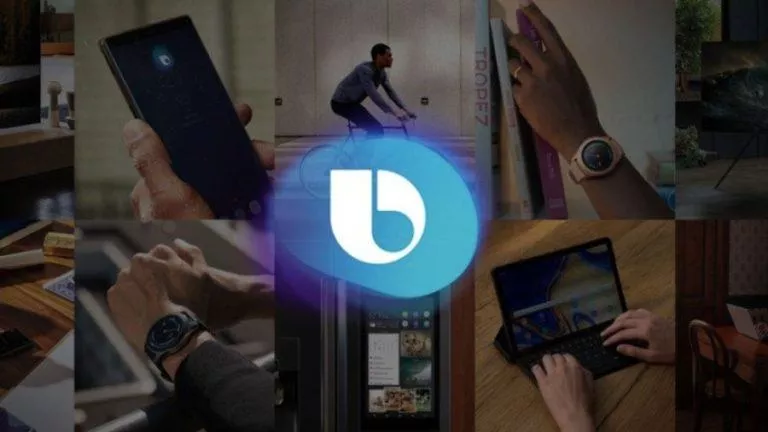New Virginia Law Promises 1 Year Prison Time For Deepfake Revenge Porn

Over the last couple of years, a new cyber threat has sprouted in the form of deepfakes, and more recently, deepnudes.
The name deepfake is derived from “fake” and “deep learning” on which the tech is based. These are computer-generated imagery where one can easily replace someone’s face in a video or make them unclothed in just a matter of a few clicks.
Also, you don’t need an extremely powerful hardware for that. For instance, the DeepNude AI (now taken down) can convert images in just a matter of a few seconds, even if the victim has never clicked any picture without clothes.
Interestingly, the first deepfake application called FakeApp uses the advanced TensorFlow AI framework created by Google.
Probably, the most common use of deepfakes is to create fake pornography content featuring popular celebrities. However, the fake videos and images are often used by people for revenge porn and also to blackmail innocent people in return for some hard cash.
On the flip side, there are many deepfake videos on the internet trying to raise awareness about the bad consequences of the technology.
Are there any legal barriers?
One of the major concerns here is the lack of any strict cyber law that could prevent miscreants from affecting the lives of people. It’s hard to take any action is the fact the nudity of the victim is not revealed in real life so it becomes difficult to charge people under current revenge porn laws, US attorney Carrie Goldberg told Motherboard.
Recently, the DEEPFAKES Accountability Act of 2019 was proposed in the US. But as noted by many publications, it isn’t enough to make a big dent when it comes to the increasing popularity of the infamous technology.
The bill mandates all the synthetically created media to include a disclosure and an irremovable watermark. In reality, it would be possible for someone to edit out any watermarks like these with the use of technology. After all, how can we imagine some notorious mind to add their details in a ‘fake’ video?
Also, in some way, the bill would allow any digital misrepresentation of people to be termed as “illegal” so that necessary legal actions can be taken. So, all in all, it can be called a starting milestone when it comes to combating some of the worst consequences of AI.
Now, the state of Virgnia has made one of the first attempts and it has amended its revenge porn laws to include deepfakes, with effect from July 1.
This comes days after DeepNude story was all over the internet. But the new changes were initially announced earlier in 2019 and now they are being implemented.
Since 2014, the state has already banned the non-consensual spread of explicit photos or videos with the intent to “coerce,” “harass,” or “maliciously hurt” people.
However, the updated law doesn’t explicitly use the term “deepfakes.” Instead, it mentions it as “a falsely created videographic or still image” which expands the radius to faked images using Photoshop or any other tool.
People who violate the law could be charged with Class 1 misdemeanor, where they can go to prison for up to 12 months and pay a $2500 fine.
The repair measures
As far as non-federal repair measures are concerned, social media companies have finally woken up, after loads of deepfake content flooded on their platforms. Twitter has already announced it would remove any deepfake content. Also, the biggest social network is reviewing its policies on deepfakes.
Still, in many parts of the world, no formal law has been proposed to protect the victims and to punish the offenders.
via The Verge






